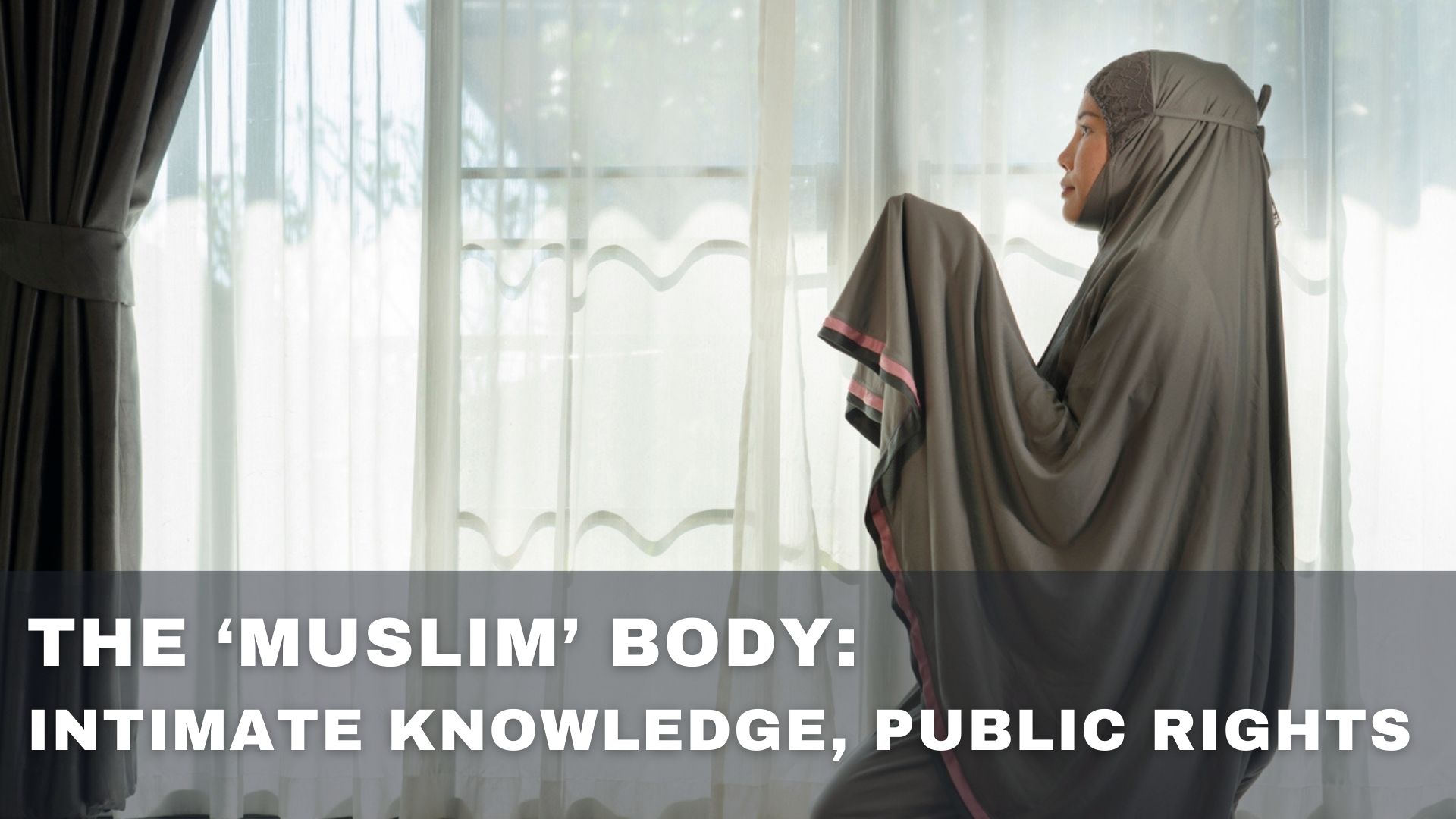
Can Public Asian Studies create space for untangling the knotted intertwinement of gender, religion, and culture for the purpose of enhancing public understanding and engagement? This panel aims to carve out such a space by addressing and interrogating the publicness and privacy of the ‘Muslim’ body. It acknowledges the ‘knotted’ nature of the ‘Muslim’ body that, though a dynamic locus of knowledge, can be treated as an object of cultural and religious sensitivity. This results in a range of outcomes, including avoidance, simplification, and homogenisation of gendered, religious, and cultural nuance and complexity. This roundtable panel brings together scholars who will interrogate the ‘Muslim’ body from various biopolitical aspects: ageing and trans, maternal, ritually cut, and ‘possessed’ by spirits in Malaysia and Singapore, and present them in a way that invites a wider critical conversation that deconstructs the terms of debate about the ‘private’ and ‘intimate’ for better public understanding. Whilst the geographical focus of the panel may be the Malay societies of Malaysia and Singapore, it seeks to draw generative connections that construct and reconstruct the ‘Muslim’ body across multiple scales: local, regional, and global.
PANEL
Chairperson: Lin Hongxuan | NUS Department of Southeast Asian Studies
Alicia Izharuddin | NUS Department of Malay Studies
Trans-motherhood on the edge: Competing necro and biopolitics in the lives of transgender mothers living with HIV
Nurul Huda Mohd Razif | Kyoto University
From Spinsters to Second Wives: Polygyny & Gendered Ageism in the Malay Marriage Market
Syahirah Rasheed | Independent Scholar
Obstetric iatrogenesis: Gender-based medical harm in Singapore
Pavithra Menon | PhD student, CAS, National University of Singapore
Sunnat Perempuan and the Politics of Assimilation, Acculturation and Belongingness -an Intersectional Analysis of Female Genital Circumcision Among Tamil Muslim Women in Malaysia
The Tamil Muslims in Malaysia constitute a unique ethnic/racial minority group. They are the descendants of Tamil Muslim immigrants or the children of Tamil Muslims converts who migrated to the Malay peninsula from South India. One of the main trends among the Muslim minorities in Malaysia is the attempts to be “Malayized” or assimilated into the Malay ethnic group by adopting their religion and culture as they believe that following Malay cultural practices purifies their identity as a good Muslim. Tamil Muslim Women in Malaysia have recently adopted the practice of Female Genital Cutting/Circumcision(FGC), also known as Sunnat Perempuan. This practice wherein a part of the clitoris is removed before the age of two has become an integral part of the Malay Muslim identity as the local cultural interpretation of Islam deems it wajib or obligatory, while many activists have pointed out there is no mention of female circumcision in the Qur’an. While FGC is unheard of among Tamil Muslim women in India and even in the older generation of Tamil Muslim women in Malaysia, it has become a common performance of purification, cultural ideals of femininity and modesty, as well as part of Assimilation into Malay culture and in through that being a good Muslim. Through detailed interviews with 18 Tamil Muslim women in Malaysia, this paper will provide an ethnographic study of FGC using an intersectional lens focusing on gender, race and religion to bring out the female standpoint concerning body and agency, which is often neglected.

